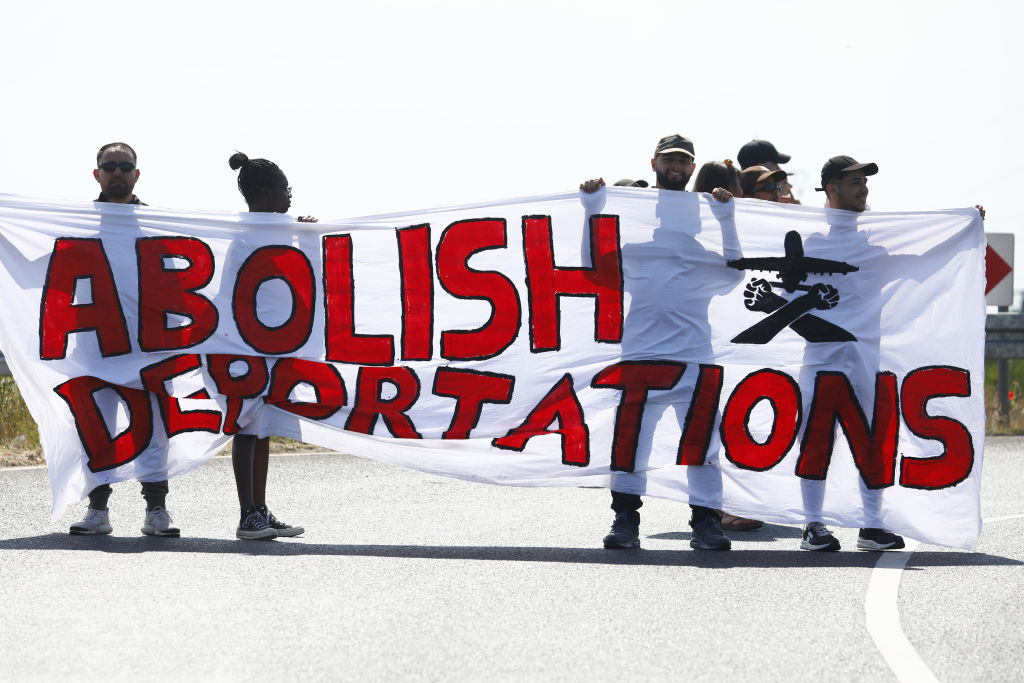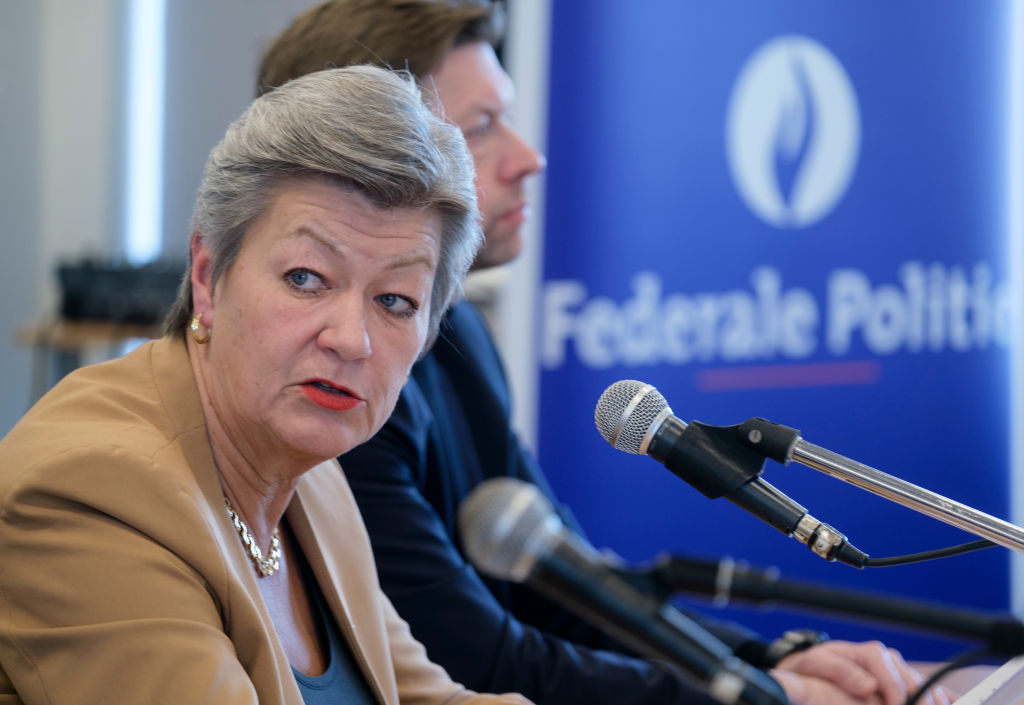The European Commission has denied backing the implementation of “international vaccination passports” for any future worldwide pandemic.
Writing in response to a parliamentary question on the topic, the EC confirmed that it has been actively involved in negotiating changes to the International Health Regulations (IHR) 2005 as outlined by the World Health Organisation (WHO).
Eurocrats insisted that the only change to the proposed rules it is now seeking were that, where vaccine certificates are required at the nation-state level, a digital copy of the document will be acceptable in the same way as a paper one would be.
“The proposed amendment, currently under negotiation, does not aim at creating a new obligation, but simply at providing certainty on the use of digital credentials in the future, alongside their paper version,” said Health and Food Safety Commissioner Stella Kyriakides.
She added that domestic vaccination requirements would remain an individual national issue and that the current documents serving as the basis for amendments to the IHR “does not address vaccination certificates in any way”.
A judge in Germany has been handed a suspended two-year jail sentence as a result of his opposition to school COVID-mask mandates in the country. https://t.co/Rgp6c6RXY0
— Brussels Signal (@brusselssignal) August 25, 2023
Kyriakides’ comments were made in response to a parliamentary question submitted by left-wing MEP Kateřina Konečná, who noted that the issue of international vaccination certificates had become a “highly emotive topic for the public”.
A major source of concern during the COVID-19 pandemic, questions surrounding vaccine passports have now shifted towards the WHO’s “Pandemic prevention, preparedness and response accord”, which aims to create a “legally binding” agreement to help prevent further worldwide contagions.
Critics have expressed disquiet that such a treaty might result in the excessive surrendering of sovereignty to the international body, with some politicians warning that the document could give the WHO the power to lock-down countries.
“The plans represent a significant shift for the organisation, from a member-led advisory body to a health authority with powers of compulsion,” said UK MP Esther McVey.
“This is particularly worrying when you consider the WHO’s poor track-record on providing consistent, clear and scientifically sound advice for managing international disease outbreaks.”
Senior officials in Brussels have been more positive about the proposed agreement, with the European Union even taking credit for the idea.
“The proposal for an international treaty on pandemics was first announced by the President of the European Council Charles Michel at the Paris Peace Forum in November 2020,” the bloc’s website says.
Michel described such an agreement as being “absolutely crucial” for the future, and one that would allow the international community to “act more quickly and in a more coordinated way”.
Following the release of an EU Parliament special committee report on Covid-19, those hoping for a candid discussion about how lockdown policies were implemented across the bloc are going to be disappointed, writes @jrfjeffrey. https://t.co/sMkoW2FSWV
— Brussels Signal (@brusselssignal) June 16, 2023





